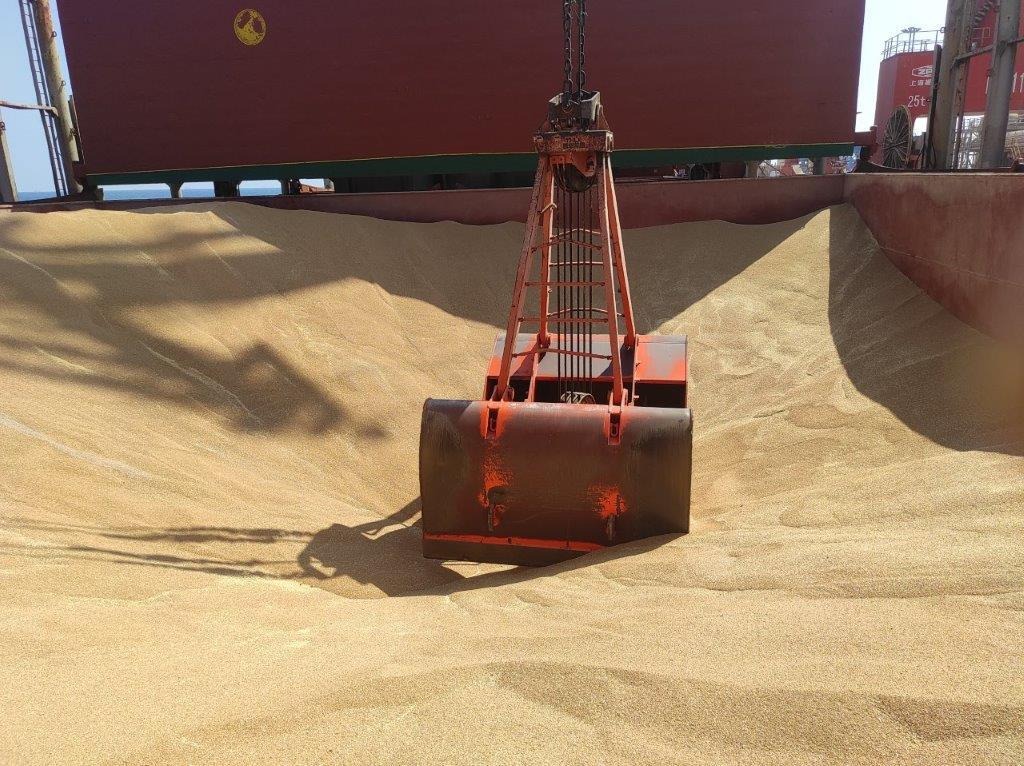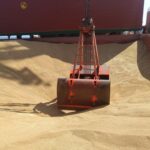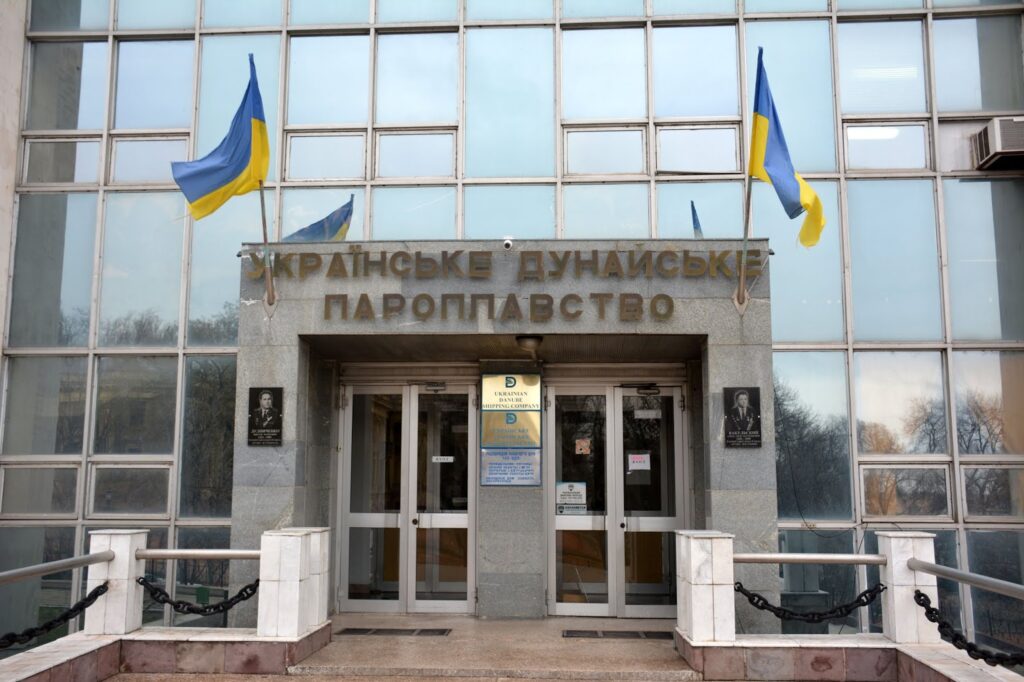Romanian farmers plan to block Isaccia checkpoint

Farmers of the Tulchyn district plan to block the Isakcha crossing point as a sign of protest against large supplies of untaxed grain from Ukraine.
Romanian farmers are planning a protest on April 7, according to DobrogiaNews and Radio Romania Constanta.
Farmers in Romania, as well as Bulgaria, are dissatisfied with the European Commission’s decisions regarding tax-free imports of Ukrainian grain.
According to the Romanian producers of agricultural products, they were forced to lower the price of grain, but could not sell it. The reason is that transport logistics were focused on transportation from Ukraine, and warehouses and terminals in ports on the Black Sea were blocked.
On March 31, Poland, Romania, Bulgaria, Slovakia and Hungary signed a joint letter to the European Commission demanding:
• to separate the flows of agricultural products at the Romanian customs, depending on the origin, taking into account the transit routes for Ukraine;
• ensure the traceability of imports due to strict quality control and avoidance of ambiguities regarding the origin of products;
• urgently suspend EU tariff preferences from May 30, 2022 and return the basic customs duty.
The crossing point across the Romanian-Ukrainian state border with the ferry connection “Orlivka-Isaccia” is the first crossing point along the Ukrainian-Romanian border along the Danube, and it is of strategic importance for both countries.
The crossing opens the Ukraine-Southern Europe transport corridor. The carrying capacity of the crossing is about 200 units of freight vehicles and 500 units of passenger vehicles, the passenger flow is about 1,500 people.
USM previously reported that the Polish agricultural market is losing out to Ukrainian grain, so the state hopes to focus efforts on grain transit , avoiding the role of the final destination country.
On March 29, Polish Prime Minister Mateusz Morawiecki appealed to Brussels to limit the amount of Ukrainian grain entering the European Union. According to the Prime Minister, agricultural products from Ukraine destabilize local markets.
At the beginning of March, Ukraine and Poland agreed to simplify the transit of agricultural products. However, due to problems with logistics, grain from Ukraine accumulates in Polish warehouses and enters the domestic market. As a result, the influx of cheap and high-quality Ukrainian grain leads to a decrease in prices for own products.
Earlier, the European Commission approved payments to countries whose markets were affected by the influx of Ukrainian grain. We are talking about Bulgaria, Poland and Romania. USM also wrote that Ukrainian grain caused of farmers’ protests in Bulgaria.





